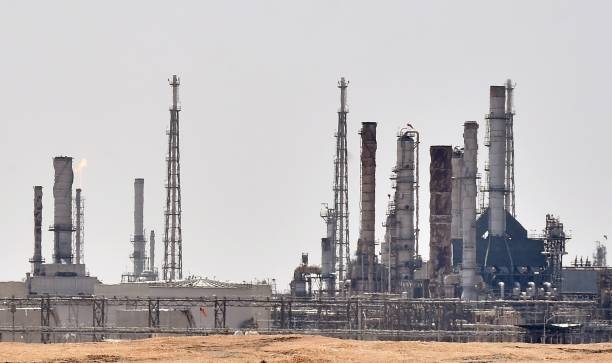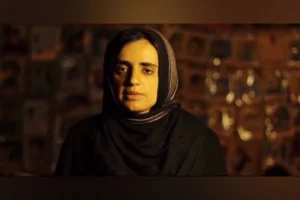The OPEC+ cartel agreed on Thursday to gradually ease its production cuts from May which is likely to lead to a softening of oil prices in the days ahead. A telephone call from the new US administration to Saudi Arabia to keep oil prices affordable is seen to have played a role in softening the hawkish stand of the cartel. The US call on the eve of the meeting is also a continuation of the Trump era practice to have a say in the oil markets.
Major consumers including America and India have been calling on OPEC+ to keep prices under control. India, which is the third largest importer of crude in the world, has in fact sounded the Gulf countries that it would look for alternative sources for crude supplies if prices are not reduced.
U.S. Energy Secretary Jennifer Granholm held a telephone conversation with Saudi energy minister Prince Abdulaziz bin Salman to reaffirm the importance of international cooperation to ensure affordable and reliable energy for consumers, she said on Twitter.
Indian Oil Minister Dharmendra Pradhan had also held a video conference with the US Energy Secretary in the run-up to the OPEC+ meeting. Both countries are worried as surging oil prices hurt the economic revival process as countries struggle to reverse the devastating impact of Covid-19.
While India has increased imports from the US and Africa in recent months it is still dependent on Gulf crude for a major chunk of its requirement for which it has signed long term contracts. The fact that shipping costs work out much lower from the Gulf, is being fully exploited by these oil producers.
Pradhan has also held a meeting with United Arab Emirates’ minister of state and chief executive of Abu Dhabi National Oil Co (ADNOC), Sultan Ahmed Al Jaber on the issue.
The minister recently said African nations could play a central role in India’s oil diversification plan. The country is looking at signing long-term oil supply deal with Guyana and exploring options to raise imports from Russia as well.
Iran could emerge as another source, if the US sanctions are eased, India has been buying crude at a concessional price from Iran and the imposition of sanctions by the Trump administration had come as a major setback. Now with the Biden administration gearing up for talks on the nuclear issue again, the status quo ante may be restored in the coming months.
India imports more than 80% of its crude requirement and domestic prices of fuels shoot up when international prices rise. The government is also heavily dependent on taxes that it levies on petroleum goods such as petrol and diesel to mobilise resources for the social welfare of the poor and healthcare schemes. However, the flip side is that these levies add to the price spiral.
A few days before Thursday's talks, OPEC+ delegates had said the group would likely keep most existing cuts in place, given uncertainty about the demand outlook. So the decision to increase output has come as a welcome relief.




















